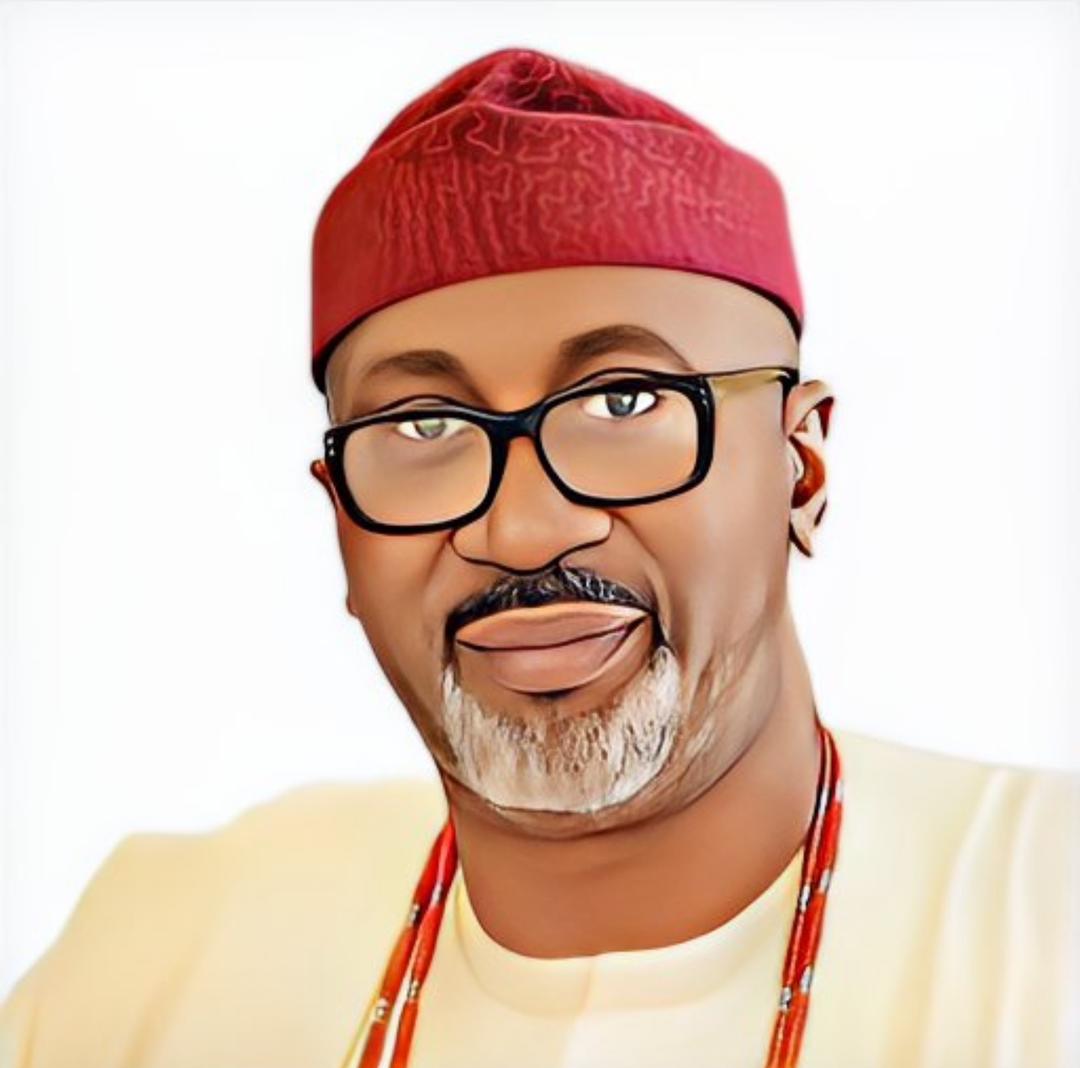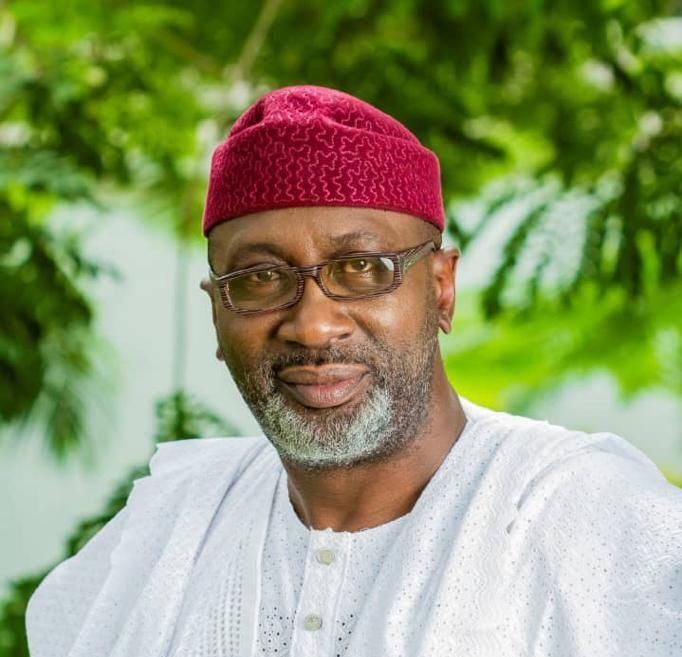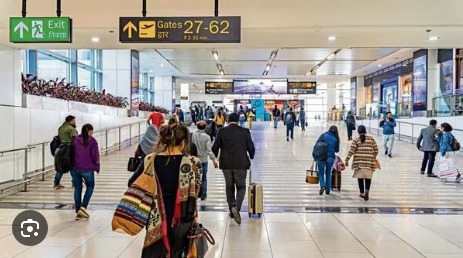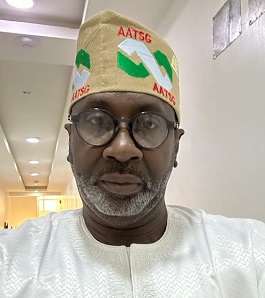The situation in Nigeria and Africa can be seen as an example of two parties criticizing each other for the same faults.
By – Abayomi Odunowo.
It is a common misconception in Nigeria and other African countries that all our problems stem from the actions of a political party or a single president. Many people believe that if we just elect the right leader, all of our issues will magically disappear. This belief is what leads to the constant cycle of disappointment and disillusionment when the new leader fails to live up to expectations.
What we fail to realize is that the real problem lies within ourselves, the citizens of these countries. Our shared values and mentalities are what hold us back from true progress. We are quick to blame external forces for our troubles, but the truth is that we are our own worst enemies. Until we come to terms with this fact, we will never be able to move forward as a nation or continent.
One example of this misplaced blame can be seen in our attitudes towards our legislators. Every year, there is an outcry over the exorbitant salaries and benefits that these lawmakers receive. While it is true that their salaries may be excessive, the real issue lies in our unrealistic expectations of them. We expect them to solve all of our problems and magically transform the country, while we sit back and criticize from the sidelines.
The truth is, true change can only come from within. We need to take responsibility for our own actions and stop looking for a savior in the form of a political leader. We need to work together as a society to address the root causes of our problems and come up with sustainable solutions.
It is time for us to stop chasing mirages and start facing reality. The real problem in Africa and Nigeria is not the presidents or political parties, but ourselves. Once we come to terms with this fact, we can start to make real progress towards a better future for all. It is time for us to take control of our own destiny and work towards building a truly prosperous and peaceful African society.
In Nigeria, there seems to be a culture of expectation when it comes to the role of government officials in the lives of the citizens. From attending numerous social events to providing employment opportunities and financial support, the burden placed on these top executives of the government is immense. However, despite their high salaries, it appears that the expectation for them to cater to every need of the people they represent is unreasonable.
It is ironic that while we bemoan the corruption and incompetence of the government, we ourselves engage in corrupt practices on a daily basis. From bribing our way through various situations to flouting traffic rules, we are guilty of the same behavior we criticize in our leaders. This hypocrisy is evident in the way we expect accountability and transparency from our officials while turning a blind eye to our own unethical actions.
The comparison drawn between the public and private sector in Nigeria is also telling. While we often blame the government for inefficiency, the private sector is not exempt from criticism. The prevalence of substandard products and services in industries like construction and healthcare raises questions about the overall standards in the country. If the public sector is deemed incompetent, then why is the private sector not excelling in its place?
Perhaps it is time for us, as citizens, to reflect on our own actions and attitudes towards governance in Nigeria. Instead of placing unrealistic expectations on our government officials, we should strive to be more responsible and ethical in our own behavior. By holding ourselves to a higher standard, we can contribute to a more accountable and effective system of governance in the country.
Our culture of expectation and entitlement in Nigeria is a complex issue that requires both introspection and action. By acknowledging our own shortcomings and taking responsibility for our actions, we can create a more transparent and accountable society that holds both government officials and citizens alike to a higher standard of conduct. It is only through collective effort and commitment to change that we can truly address the challenges facing our country and move towards a more prosperous and equitable future.
Arise media, Sahara Reporters, Champion Newspaper, Premium Times, The Punch, and Daily Trust are all Nigerian news outlets that frequently highlight government errors and incompetence at all levels. Yet, despite their efforts to expose the flaws within the system, it is impossible to pick up a Nigerian newspaper without finding errors on every page.
The question arises, why are there so many complaints about the Nigerian system, yet so few examples of excellence? It seems that the same people who criticize the government for its failures are often guilty of their own incompetencies. From subpar customer service in private institutions to the mistreatment of domestic workers in homes, there is a pervasive culture of mediocrity that exists within Nigerian society.
It is easy to blame politicians like Tinubu, GEJ, or OBJ for the country’s problems, but the truth is, we are all complicit in perpetuating a system that is rife with inefficiencies. If we are quick to point fingers at the government, we must also be willing to confront our own shortcomings as individuals and as a society.
In many ways, the government serves as a mirror that reflects the worst aspects of Nigerian society back at us. The corruption, the lack of accountability, the disregard for basic human rights – these are not just issues that plague the government, but are symptoms of a deeper societal malaise. Until we are willing to confront our own demons and address the systemic issues that exist within our homes, businesses, and communities, we will continue to perpetuate a cycle of incompetence and injustice.
It is time for us as Nigerians to engage in some much-needed self-reflection. Instead of solely focusing on the shortcomings of our leaders, let us also take a hard look at ourselves and our own contributions to the problems that exist within our society. Only then can we begin to truly effect meaningful change and create a better future for ourselves and for future generations.
We really ought to be ashamed of ourselves as Nigerians when we consider the fact that 24% of our total tax revenue in 2023 was provided by foreigners who make up only about 0.5-0.6% of Nigeria’s population. These foreigners, coming mainly from neighboring West African countries, as well as expatriates from the US, Lebanon, China, and the UK, are shouldering a significant portion of the tax burden in our country. This should serve as a wake-up call for us as Nigerian citizens.
When we break down the components of Nigeria’s tax revenue in 2023, we see that company income tax, value added tax (VAT), and petroleum profit tax (PPT) are the main sources of revenue. Even the taxes that we often complain about mismanagement of are largely contributed by foreign individuals and companies. This leaves us in a position where we can’t even legitimately voice our grievances about how our tax money is being used by the government.
This reality points to a deeper issue within Nigerian and African societies as a whole. There seems to be a pervasive culture of underperformance and lack of accountability among citizens. We make grand promises but fail to deliver on them time and time again. Our mindsets, beliefs, and values have been shaped in a way that perpetuates mediocrity and inefficiency, regardless of who is in power. This is a common thread that runs through many African countries, leading to similar problems like corruption, weak institutions, and poor governance.
As Plato famously said, “like man, like state.” We cannot expect to see improvements in leadership until there is a fundamental shift in the attitudes and behaviors of the people. Just as a company cannot thrive with subpar employees, a country cannot progress with a population that tolerates corruption and underperformance. It is time for us as Nigerians, and as Africans, to engage in self-reflection and take responsibility for the state of our societies.
The reliance on foreign tax contributions should serve as a stark reminder of the need for us to do better. We must strive to be active participants in our nation’s development, holding ourselves and our leaders accountable for creating a brighter future for all. Only then can we truly claim ownership of our collective destiny and create a prosperous and thriving society for generations to come.
Otunba Abdulfalil Abayomi Odunowo
National Chairman AATSG
Mobile : +2349053535322.
Follow us on our WhatsApp Channel





